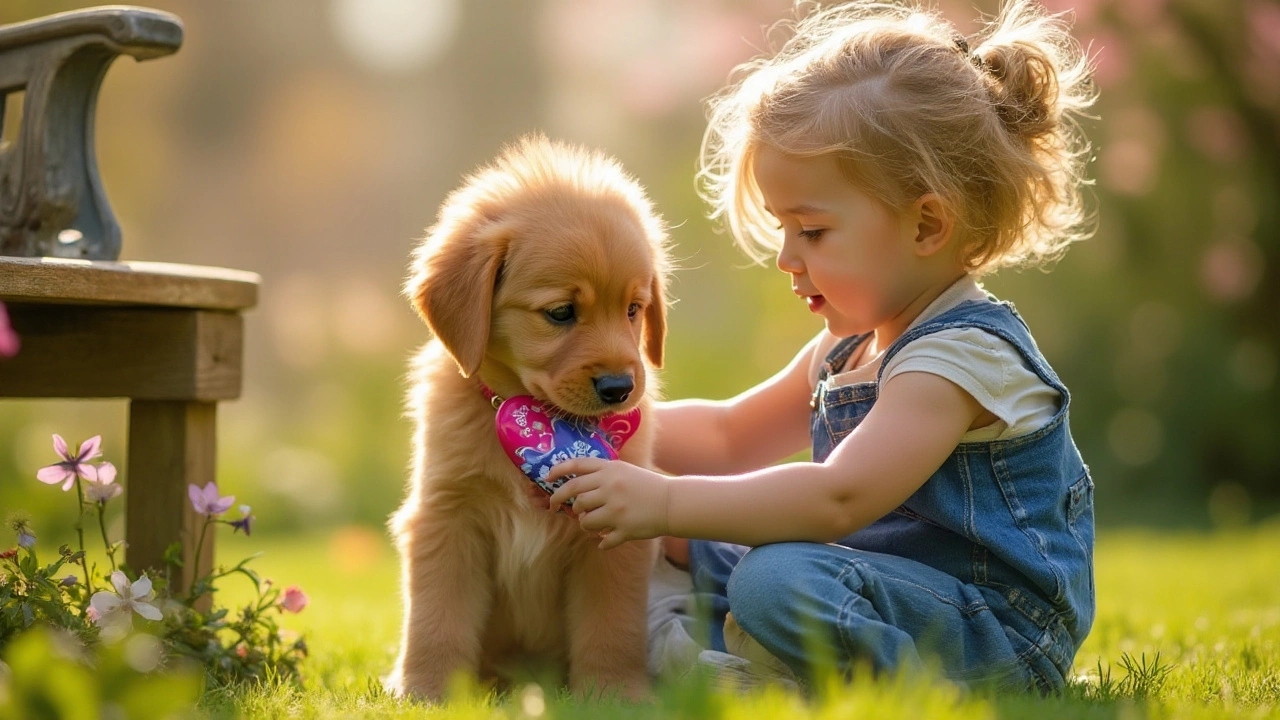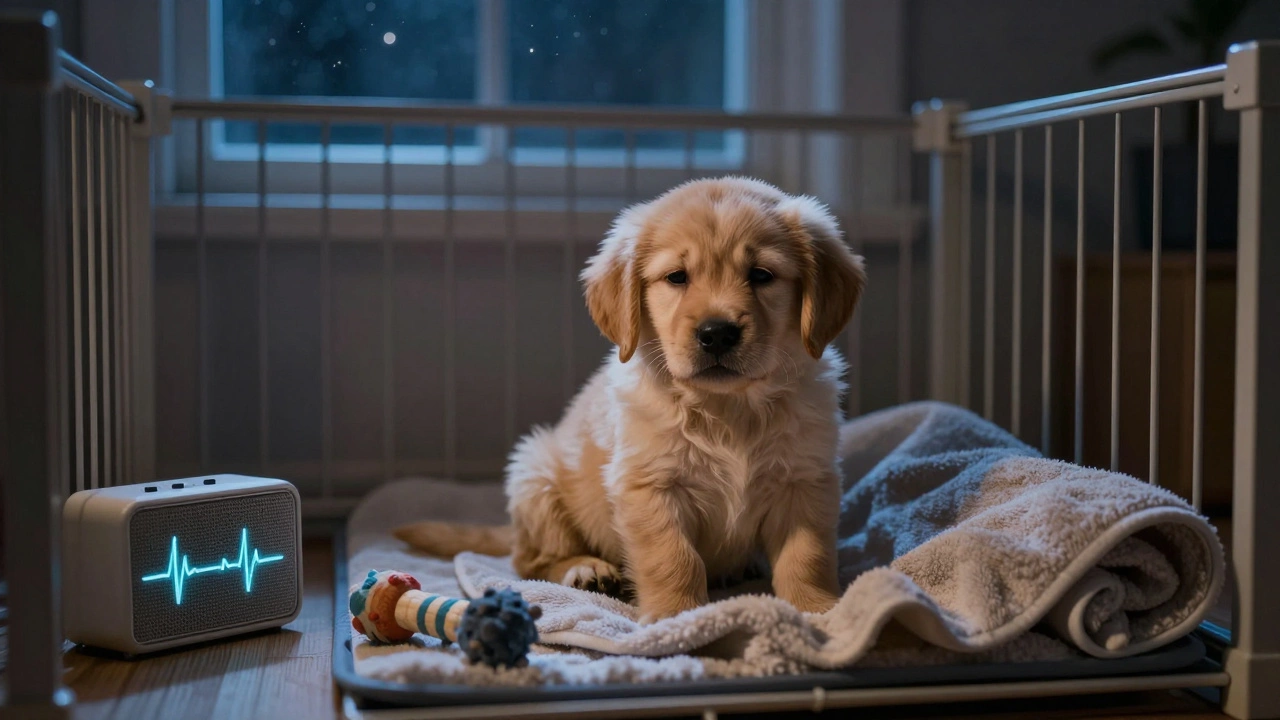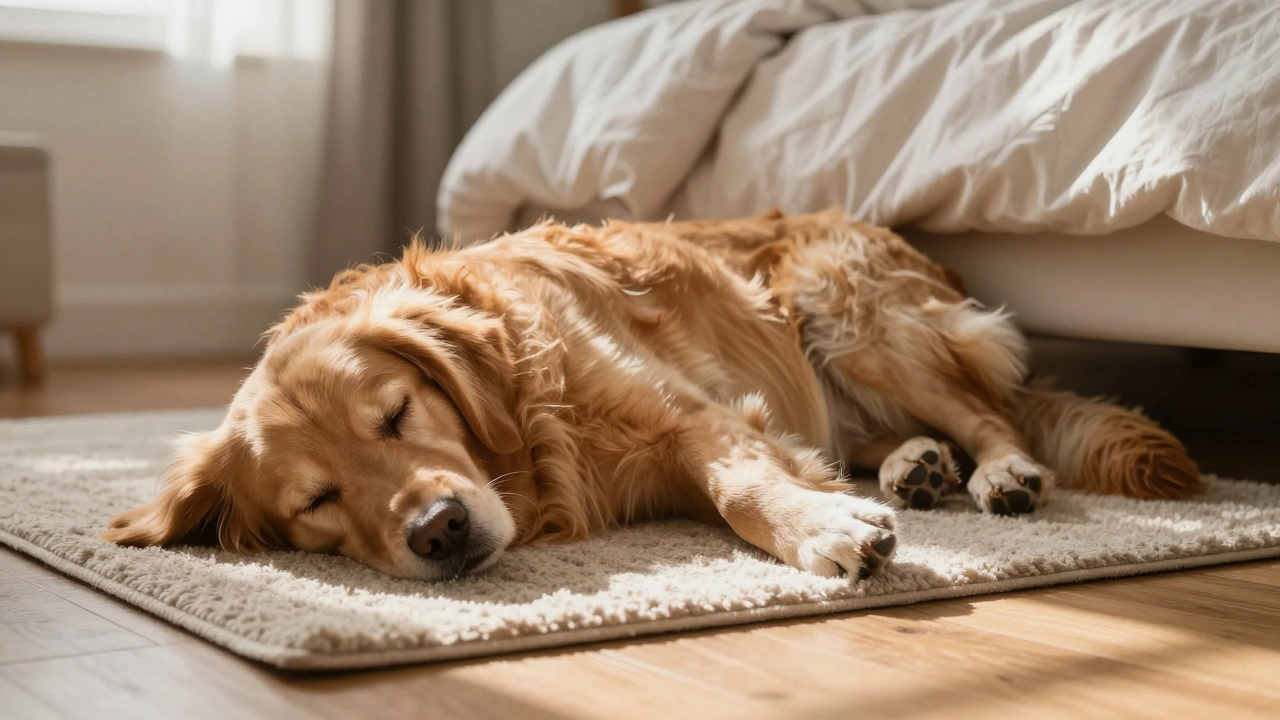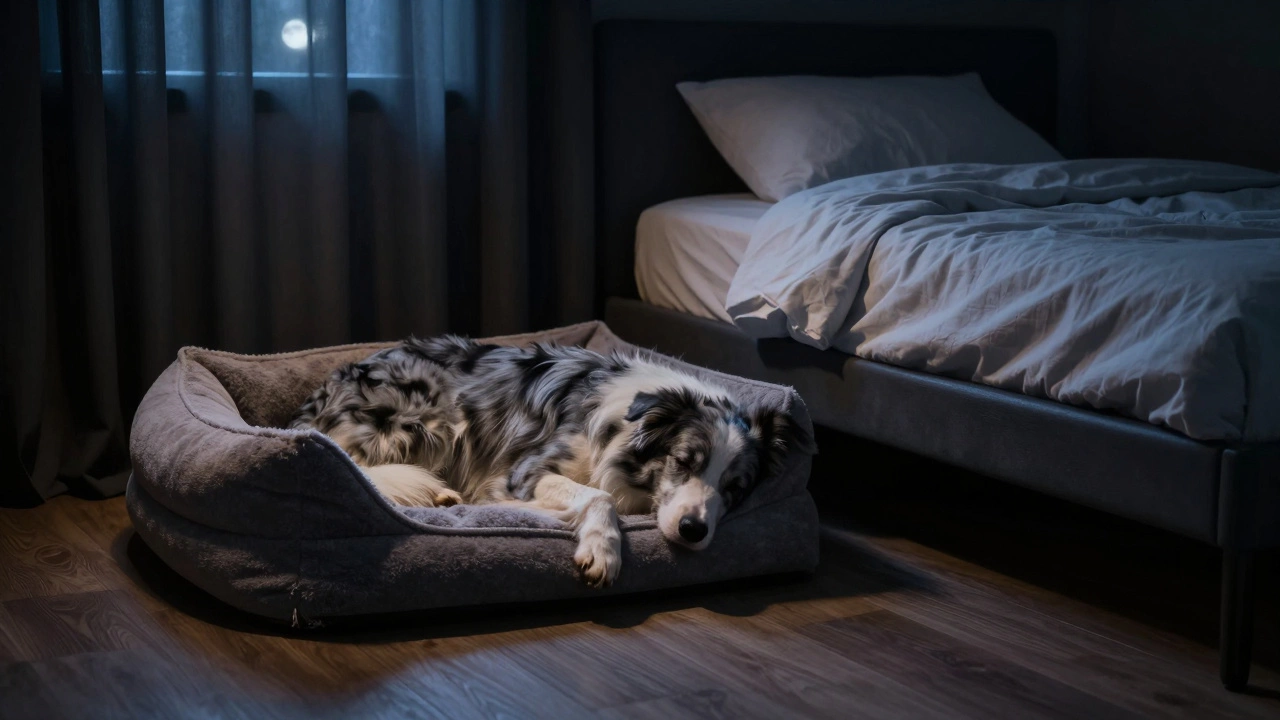Puppy Biting: Why It Happens and How to Stop It
Got a little pup that loves to nip at hands, shoes, or even your leg? You’re not alone. Most puppies bite because they’re learning how the world works. The good news is you can teach them to use a softer mouth without drama.
Why Puppies Bite
Puppies explore with their mouths. In a litter, they chew each other’s ears and tails to figure out boundaries. When they get to you, the same instinct shows up. Teeth are sharp, but a puppy’s bite is usually a gentle nudge. If they’re too excited or bored, the bite can get harder.
Another reason is teething. Between three and six months, those baby teeth fall out and new ones push through. It feels sore, so they chew anything that offers relief – your finger is a convenient target.
Sometimes a bite is a sign of fear. If a new situation makes a pup nervous, they might snap to protect themselves. Watching body language helps you spot the difference between playful nipping and a warning bite.
Simple Ways to Stop the Biting
First, stay calm. If you scream or yank the puppy away, they think the bite is a game. Instead, let out a short, firm “Ouch!” and stop the interaction for a few seconds. This pause shows the bite stopped the fun.
Give them an alternative. A chew toy or a frozen wet washcloth works great for teething pain. When the pup reaches for your hand, redirect the mouth to the toy. Praise them when they chew the right thing.
Teach a “soft mouth” command. When the bite is light, say “gentle” and reward with a treat. If it’s hard, ignore them for a moment and then try again. Consistency is key – everyone in the house must use the same cue.
Exercise helps a lot. A tired puppy is less likely to bite out of excess energy. A quick game of fetch, a brisk walk, or a short training session can burn off that urge to nip.
Socialize your pup with other dogs and well‑behaved people. Watching how older dogs play teaches the little one the right way to use their mouth. Puppy classes are perfect for this learning.
If a bite feels aggressive, step back and assess the trigger. Is there a scary noise? A sudden movement? Remove the stressor if possible, and slowly re‑introduce the situation while rewarding calm behavior.
Remember, patience beats frustration. Most puppies outgrow the nipping phase by the time they’re six months old if you stay consistent. Keep the training short, fun, and reward‑filled, and you’ll see the bite fade fast.
Got questions or need a hand? South Tyneside Pet Care Services offers one‑on‑one puppy training sessions that focus on bite inhibition and good manners. Give your pup the tools they need for a happy life together.
When Do Puppies Stop Biting and How to Handle It
Puppies are adorable bundles of energy, known for their playful biting. Most puppies usually stop biting around the ages of six to seven months. This guide delves into various stages of a puppy's life, providing tips on how to curb biting habits and the reasons behind those sharp, little bites. Owners will also learn effective methods to encourage positive behaviors and ensure a smooth transition to adulthood for their furry friends.






